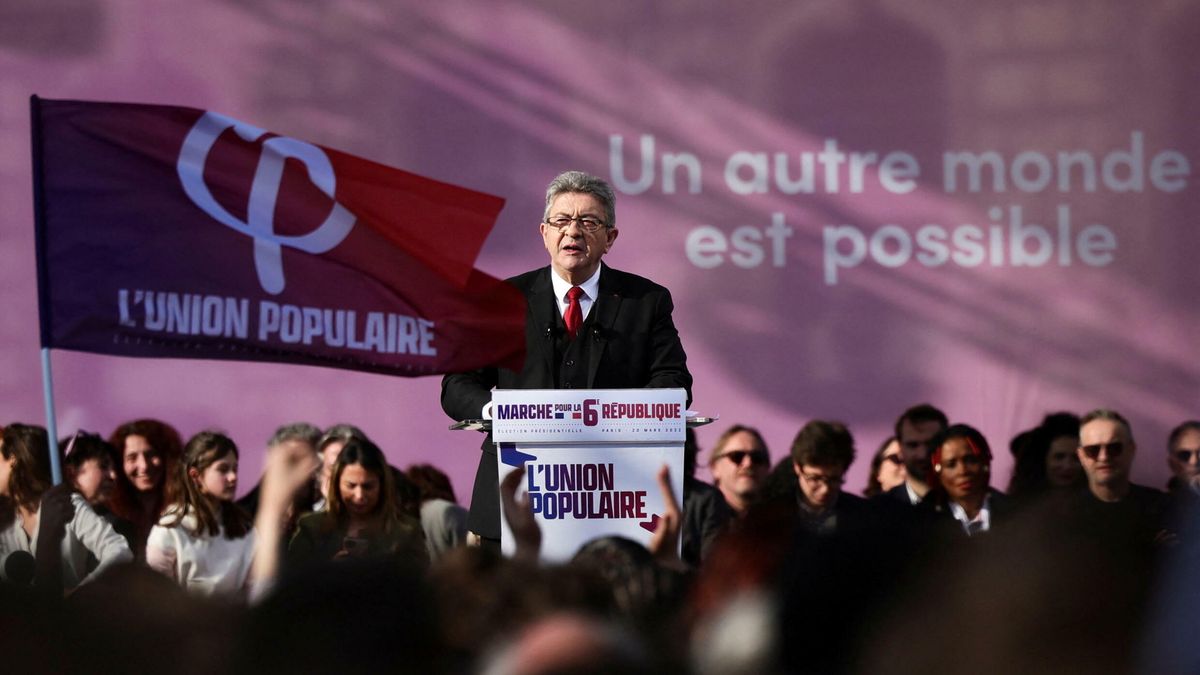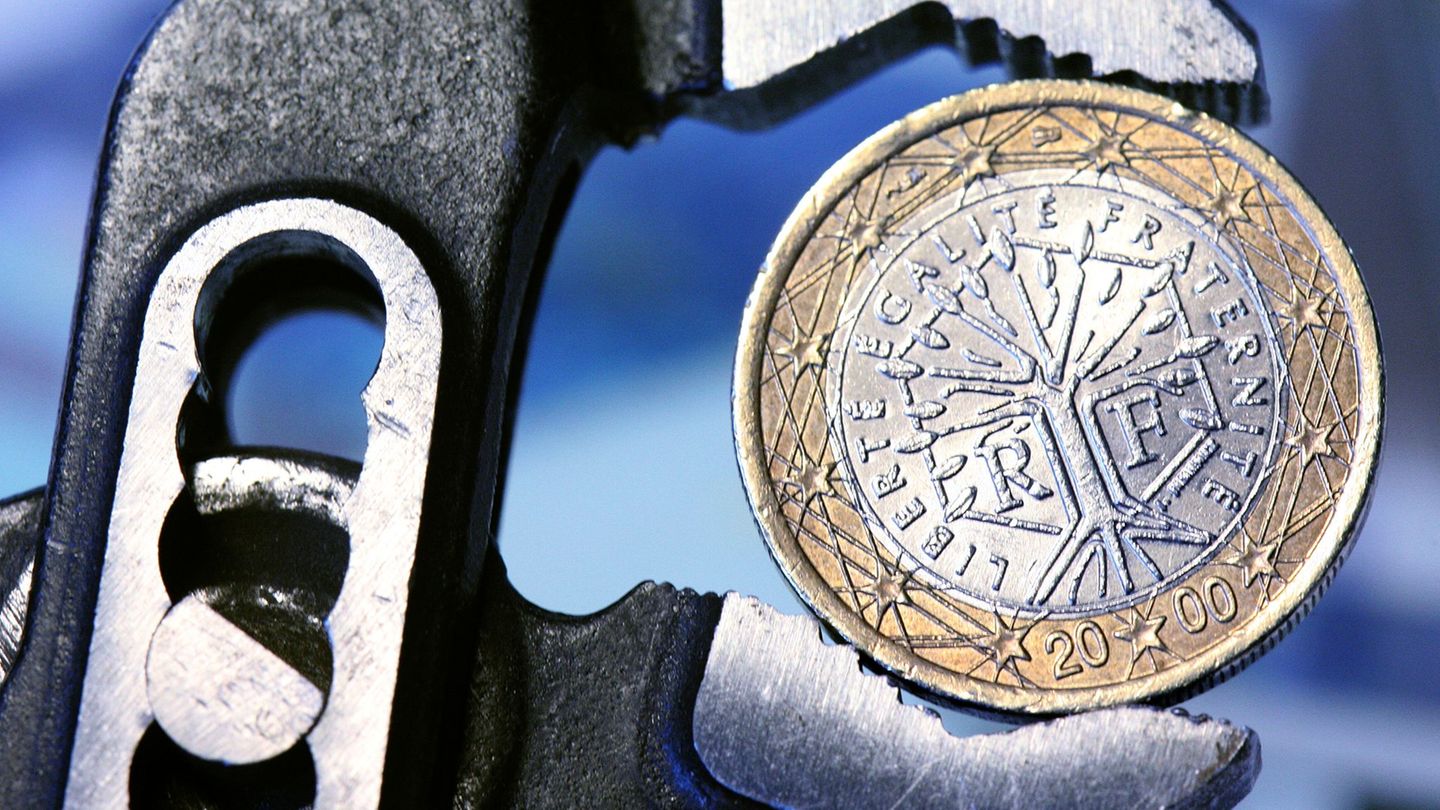“We can talk about a historic agreement”indicated this Monday to France Inter radio the campaign director of Unsubmissive France (LFI, radical left), Manuel Bompard, after an initial agreement reached with the environmentalists and while they continue negotiating with communists Y socialists.
Bompard hoped that the agreement with Europe Ecology-The Greens (EELV), closed on Sunday night, “sets in motion the beginning of a dynamic” that aims to “face the next legislative elections with a majority perspective and win[las]”.
An atomized left, from the center to the most radical wing, presented six of the 12 candidates for the presidential election in April, but failed to make it to the second round, which saw, as in 2017, a duel between the centrist president and the far-right Marine Lepen.
The LFI candidate, Jean-Luc Mélenchonreinforced by the reflex of “useful vote” of a part of the voters of the left, obtained almost 22% of votes in the first round, remaining 1.2 points and about 420,000 votes from the second classified, Le Pen.
Mélenchon is now trying to build on that momentum in France’s legislative elections.
The opposition to Macron has presented the elections on June 12 and 19 as a “third round” of the presidential election, especially when his re-election was achieved in part by left-wing voters who voted for him to prevent his far-right rival from coming to power.
In addition, a majority of French people, according to two polls published just after his re-election, want the centrist president to lose the parliamentary majority, which he has enjoyed since 2017 in the lower house, which would open the door to “cohabitation“.
France already knew this model in the past. In 1997, Jacques Chirac He appointed the socialist Lionel Jospin as prime minister. The conservative president had previously been the prime minister between 1986 and 1988 of his socialist predecessor, Francois Mitterrand.
The left-wing parties seek to take advantage of this context to recover the muscle they lost at the national level in 2017 after five years of power by the socialist Francois Hollande and stop the promises of the liberal leader, such as the delay in the retirement age from 62 to 65 years.
But the negotiation is complex. Francia Insumisa, the only left-wing party that exceeded 5% of the vote in the presidential election, seeks to take advantage of its strength to lead the common front and impose Jean-Luc Mélenchon as “prime minister” if he wins, although at the local and regional level his power is less.
The main resistance to a front led by the 70-year-old political veteran comes from figures from his former formation, the Socialist Party (PS), who fear their “disappearance” in the event of an agreement.
His former first secretary Jean-Christophe Cambadélis called on Sunday to “oppose” such a “surrender”.
This historic party, which had two heads of state –François Mitterrand (1981-1995) and Hollande (2012-2017)–, obtained its worst result in a presidential election in April (1.75% of votes) with the mayor from Paris, Anne Hidalgoas a candidate, but still controls several major regions and cities in France.
With a two-round uninominal election system, the PS can achieve more deputies than LFI, as in 2017, despite having a worse performance in the presidential election. “We have to be able to listen to each other, hear each other and understand each other,” said its current leader Olivier Faure on Sunday, who wanted a pact.
His counterpart from the Communist Party, Fabien Roussel, who achieved 2.28% of the vote in the presidential election, said he expected an agreement with LFI on Monday. “There is no plan B, there is only plan A: get together and build this great coalition of the left,” he assured on France Info radio.
The pact reached with the environmentalists outlaws the main concern of the possible allies of the LFI, any escalation towards an exit from the European Union (EU)although it opens the door to disobey some of the European rules, especially in fiscal and economic matters.
Source: Ambito
David William is a talented author who has made a name for himself in the world of writing. He is a professional author who writes on a wide range of topics, from general interest to opinion news. David is currently working as a writer at 24 hours worlds where he brings his unique perspective and in-depth research to his articles, making them both informative and engaging.




